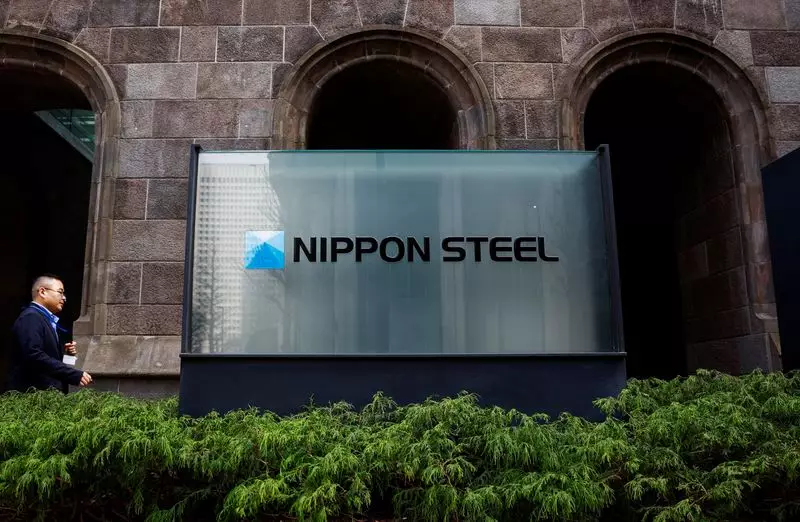The proposed acquisition of U.S. Steel by Nippon Steel, estimated at $14.9 billion, raises significant national security concerns within the United States. As the Committee on Foreign Investment in the U.S. (CFIUS) warns, the takeover could potentially compromise the supply of steel essential for key sectors like transportation, infrastructure, construction, and agriculture. Given the United States’ reliance on a stable and secure steel supply, this acquisition necessitates a thorough examination of the ramifications that could stem from such foreign investment.
CFIUS outlined various risks associated with the acquisition in a comprehensive 17-page letter to both companies involved. This report highlighted the potential adverse effects on domestic steel production capacity that might arise from decisions made by Nippon Steel. In jeopardy are not only the economic aspects but also the critical national security interests tied closely to steel supply. Any disruption in this supply chain could have cascading effects across vital infrastructure projects and even in everyday sectors that underpin the U.S. economy.
In response to these concerns, Nippon Steel emphasized its commitment to enhancing U.S. Steel’s facilities and pledged to increase domestic production capabilities rather than reduce them. The narrative presented by Nippon Steel hinges on the assertion that its investment would fortify the U.S. manufacturing landscape. However, CFIUS remains skeptical, pointing out the long-term implications of a diminished commercial production capacity and the decline of essential skilled labor in the U.S. steel sector. The crux of the debate lies in whether Nippon’s promises can truly translate into tangible benefits for U.S. steel production.
Further complicating matters is Nippon’s expanding influence in global markets, particularly in countries like India, where production costs are significantly lower than in the U.S. CFIUS raised alarms about the potential prioritization of cheaper production over maintaining and enhancing domestic facilities, which could worsen already tenuous conditions in the U.S. steel market. Additionally, CFIUS’s concerns extended to Nippon’s historical approach to U.S. trade remedies; if Nippon were to prioritize its interests in international markets to the detriment of U.S. operations, it might weaken U.S. Steel’s position against unfair trade practices.
As the deliberations around the Nippon Steel and U.S. Steel acquisition continue, the challenges of balancing foreign investment with national security concerns are brought into sharp relief. While Nippon Steel asserts its intentions to bolster U.S. production capabilities, the anxieties raised by CFIUS underscore the complexities of such significant foreign ownership in a sector crucial to national integrity. Policymakers must carefully weigh the potential advantages of foreign capital against the imperative of preserving a secure and robust domestic manufacturing base to prevent vulnerabilities in essential industries. The outcomes of this situation could redefine not just the future of U.S. Steel but the broader landscape of foreign investments within essential infrastructure.

